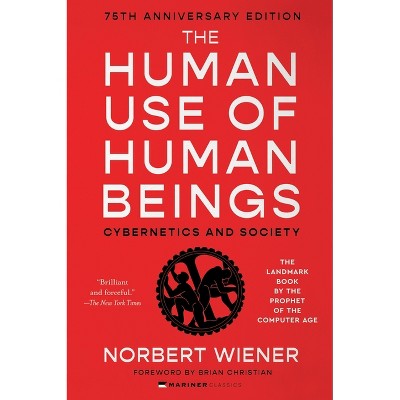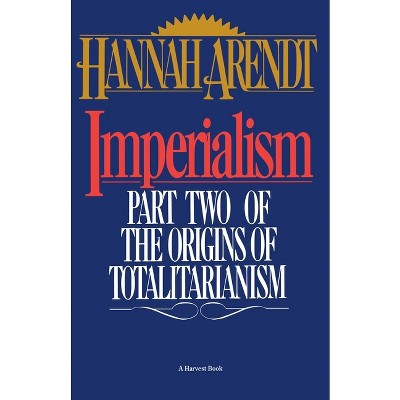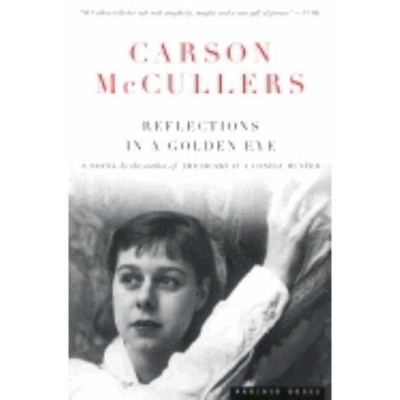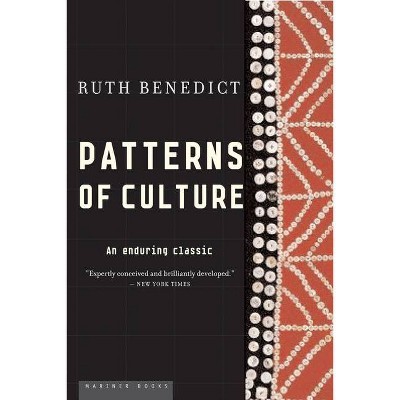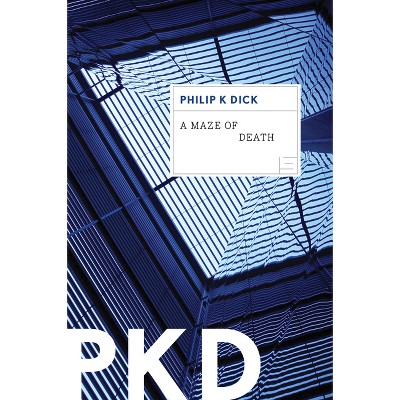Sponsored

A Human Being Died That Night - by Pumla Gobodo-Madikizela (Paperback)
In Stock
Sponsored
About this item
Highlights
- Winner of the 2024 Templeton Prize"The story of an almost unimaginable dialogue...an exploration of evil, innocence, and the gray spaces in between.
- Author(s): Pumla Gobodo-Madikizela
- 193 Pages
- Biography + Autobiography, Historical
Description
About the Book
An acutely nuanced and original study of a state-sanctioned mass murderer. Not since Dead Man Walking have we seen so provocative a first-person encounter with the human face of evil. Eugene de Kock, the commanding officer of state-sanctioned apartheid death squads, is currently serving 212 years in jail for crimes against humanity. Pumla Gobodo-Madikizela, who grew up in a black township in South Africa, served as a psychologist on that country's great national experiment in healing, the Truth and Reconcilation Commission. As this book opens, in an act of inescapable, multilayered symbolism and extraordinary psychological courage, Gobodo-Madikizela enters Pretoria's maximum security prison to meet the man called Prime Evil. What follows is a journey into what it means to be human.Gobodo-Madikizela's experience with and deep empathy for victims of murderous violence, including those killed by de Kock and their families and friends, become clear in arresting scenes set during the TRC hearings, in which both perpetrators and their victims are given voice. The author's profound understanding of the language and memory of violence, and of the searingly complex issues surrounding apology and forgiveness after mass atrocity, will leave a mark on scholarship as well as on our emotional lives. Gobodo-Madikizela's journey with de Kock, during which she allows us to witness the extraordinary awakening of his remorse, brings us to one of the great questions of our time: What does it mean when we discover that the incarnation of evil is as frighteningly human as we are?
Book Synopsis
Winner of the 2024 Templeton Prize
"The story of an almost unimaginable dialogue...an exploration of evil, innocence, and the gray spaces in between."--New York Times
"A startlingly personal account...written with clarity, energy, and enormous empathy"--Washington Post
A Mariner Books Classic
Pumla Gobodo-Madikizela, internationally reknowned for her understanding of violent histories and transgenerational trauma, recounts an extraordinary dialogue. As her book opens, in an act of inescapable symbolism and psychological courage, she enters Pretoria's maximum security prison to meet Eugene de Kock, called "Prime Evil" for his role as killing machine for South Africa's Apartheid regime. What follows is a journey into what it means to be human.
In arresting scenes, Gobodo-Madikizela, who grew up in a Black township during apartheid South Africa, conveys her struggle with contradictory impulses to hold de Kock accountable and to forgive. Ultimately, she allows us to witness his extraordinary awakening of conscience.
The author's profound understanding of the language and memory of violence, and of the searingly complex issues surrounding apology and forgiveness after mass atrocity, have left a mark on international scholarship and on our emotional lives.
Review Quotes
"The story of an almost unimaginable dialogue...an exploration of evil, innocence, and the gray spaces in between." - New York Times
"A startingly personal account...written with clarity, energy, and enormous empathy." - Washington Post
"[A] psychologist of striking moral intelligence and clarity...Gobodo-Madikizela has composed a beautiful moral document." - Time
"There is no more unsettling mystery than what allows an apparently normal human being to take part in institutionalized mass murder. Pumla Gobodo-Madikizela has every reason to loathe renowned death squad chief Eugene de Kock. But in this searching look at him, she gives evidence of an even greater human mystery: the capacity for understanding and compassion." - Adam Hochschild, author of King Leopold's Ghost
"An exploration of the workings of forgiveness, a persuasive argument for the South African formula for reconciliation via the road of truth, and, not least, a testament to the author's powers of sympathy." - J.M. Coetze, Nobel laureate and author of Disgrace
Shipping details
Return details
Trending Non-Fiction






